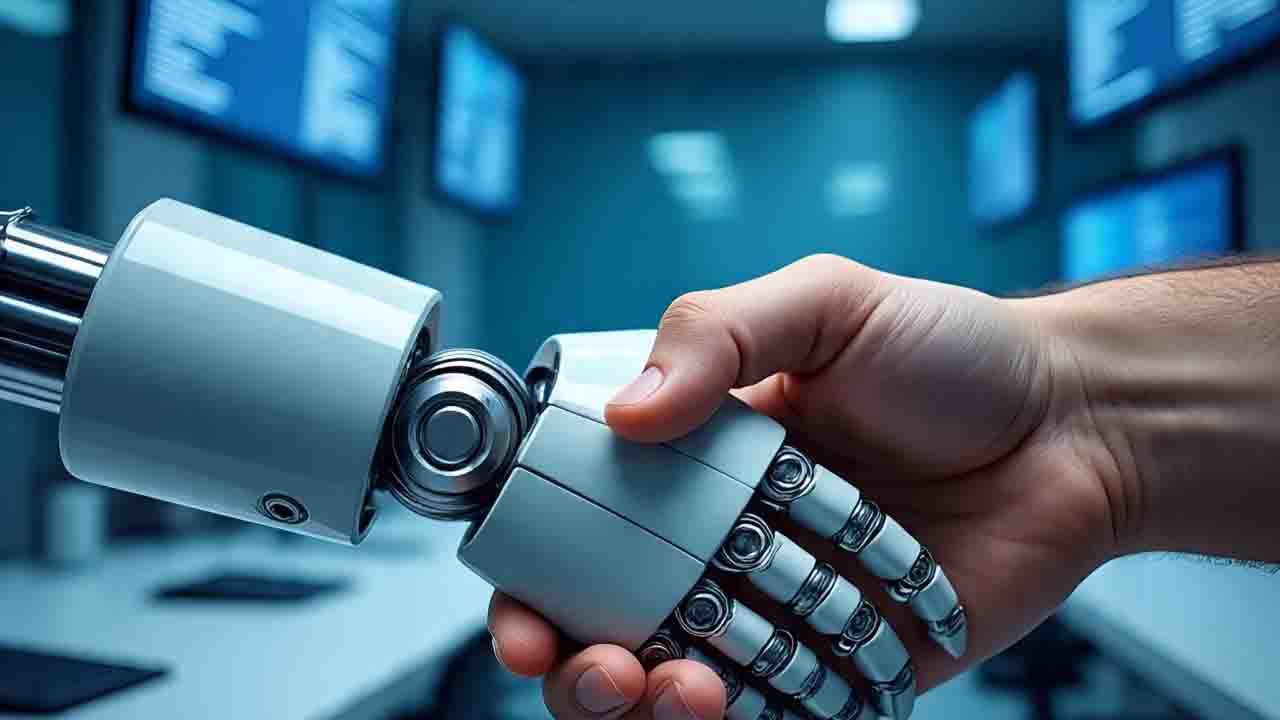
Beyond Automation: Human-First AI Design Fuels True Innovation
Pitchwars – Beyond Automation, the future of creativity lies not in machines taking over, but in how they work alongside human minds. Recent research highlights a crucial shift in the conversation around AI: instead of replacing human input, the most effective systems are those that empower human creativity. When humans are given the lead role in collaborative creation particularly in writing, design, or ideation the results are richer. More engaging, and emotionally resonant.
In contrast, studies reveal that when AI dominates the early stages of the creative process. The output, though efficient, tends to be flat and repetitive. The work may be polished, but it lacks the nuance and originality that comes from human perspective. This distinction suggests that the real value of AI in creative fields isn’t in automation alone it’s in amplifying the unique insights only humans can offer.
From Tools to Teammates
Beyond Automation, AI must evolve from being just a tool into becoming a collaborative partner. The key lies in how these systems are designed. A human-first approach to AI design involves building interfaces and workflows that encourage users to lead the process with AI offering suggestions, structure, or support without overpowering the direction.
“Longevity Redefined: Where Wellness Meets Wealth”
This balance is not merely a technical challenge; it’s a philosophical one. True innovation doesn’t emerge from homogeneity but from diversity of thought, style, and emotion. When humans initiate the creative process and AI supports it, outcomes are not only more diverse but also more meaningful. These findings push designers and developers to rethink the role of AI. Ensuring it remains in service of human imagination, not as a substitute for it.
Shaping the Future of Innovation
Beyond Automation, a new model of innovation is taking shape one that recognizes the emotional intelligence and unpredictable genius of human creativity. In this vision, AI acts not as the main author of content but as a dynamic collaborator. Enhancing productivity while preserving originality.
The implications are significant: in education, marketing, journalism, and entertainment. Systems that respect and respond to human input will drive more impactful and personalized experiences. As we design the next generation of AI tools. The goal should not be to outthink humans, but to think with them nurturing a creative ecosystem where machine efficiency meets human expression in powerful, transformative ways.